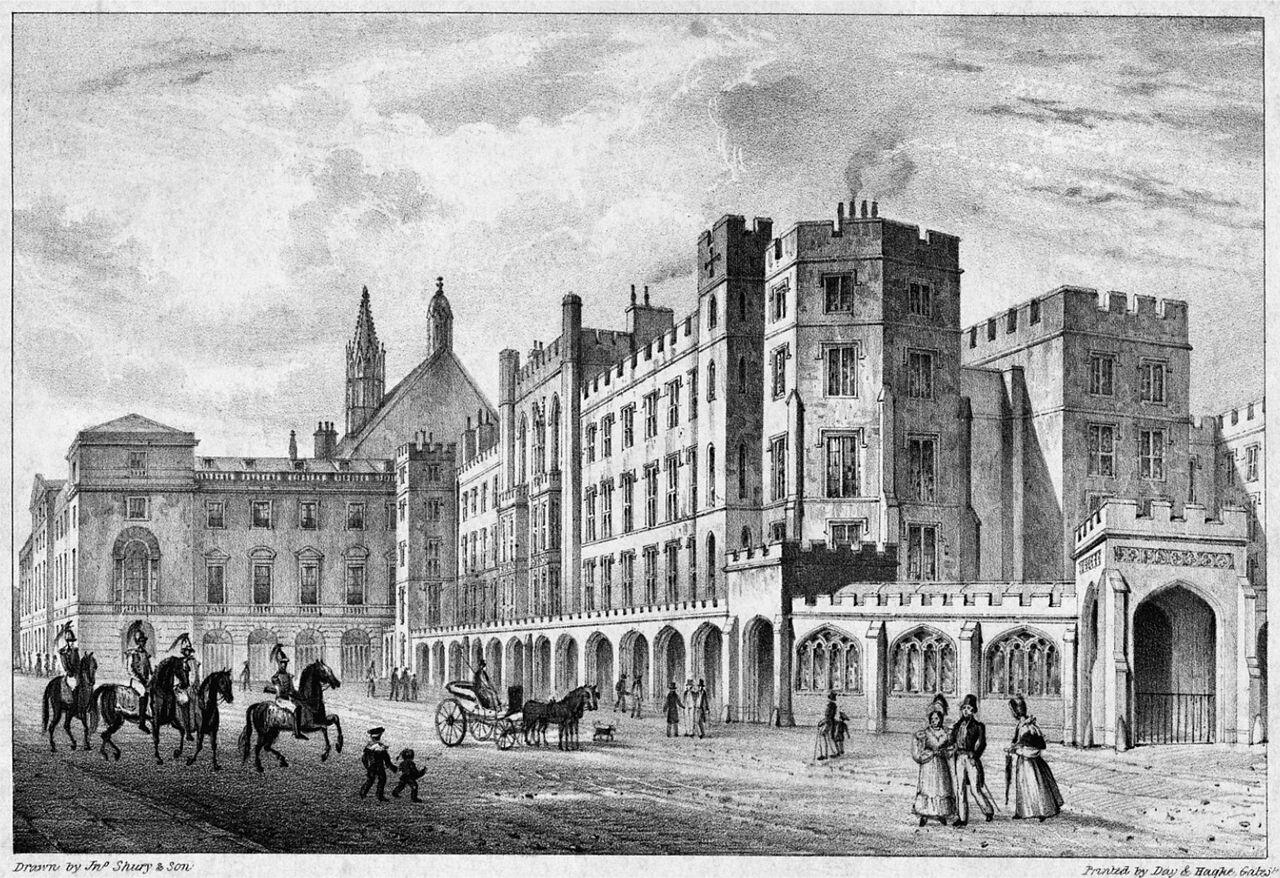
Many cultures across time and space practiced ancestral worship. Some still do today, as we see manifest in African tribal religions and Japanese Shintoism. These cultures hold that ancestral spirits continue to exist and exercise influence over human affairs. There is also typically a reverence for ancestors that transcends immediate self-interest. This reverence is based on the recognition that ancestors, in general, and one’s ancestors, in particular, were in large part responsible for creating the world that their descendants inherited. Ancestors also deserve credit for having completed the universal challenge that is life. As a result, descendants owe ancestors a debt of gratitude and honor.
American society today places little emphasis on ancestors. Our society is founded on the enlightenment value of individualism–the idea that the individual is supreme. In theory, the individual has the power to create their destiny and bears sole responsibility for their success or failure. An individualistic worldview diminishes the role of parents, grandparents, siblings, and relatives, and pays even less attention to ancestors.
However, even in a country as individualistic as the US with the least theoretical underpinning for ancestral reverence, I see it all the time. Millions of Americans use the services of Ancestry and 23andMe and are greatly eager to discover information about their relatives (especially if any one of them was the least bit famous).
I always remember the instance when a friend in grade school told me that his ancestors were kings and queens. I had no reason to doubt his story. I have heard my own family members make similar claims. The only difference is my family members tend to go further back in time since the more recent evidence on our family lineage suggests otherwise.
Human beings seem to have a need for a strong self-image–call it identity. In individualistic societies like the US that have relatively weak family networks, many people find their self-image lacking in meaningful ways. People turn to sports teams, political parties, musical groups, and social causes as a source of identity. Some resurrect nationalism, nativism, and xenophobia. And yet others swear allegiance to gangs and mafias. When people find these avenues deficient, they may even go further back in time like my friend, my family members, and the countless Americans suddenly fascinated by their ancestry.
The myriad ways people craft their identity betrays the fact that identity is socially constructed. If identity is individualistic, it is so in the sense that every individual ultimately chooses how to self-define. Some people even lie or delude themselves in the process, as I alluded to earlier, but their misconceptions may form as strong a foundation for their lives as someone who only operates with cold hard facts. For me, the truth is important. I have a hard time ignoring evidence or believing something in the absence of it. And when people realize the truth they built their life around was actually a lie, then a second-order identity crisis is usually the end result.
When I first started writing this article, I wasn’t sure where I was going with it. But now I think I do. It all goes back to the power of the mind. Just as words have the power to create, they also have the power to change. Somebody who lacks identity has the power to develop a positive one that situates them as a meaningful, contributing member of a community. Similarly, someone with an identity built on resentment, exclusivity, or lies has the power to radically reform it. But there is only one captain on every ship. I can’t do it for you the same way you can’t do it for me.
Telling somebody it’s possible may sound like cold consolation. But the biggest obstacle to change is the belief that the way things are is the way things will always be.
